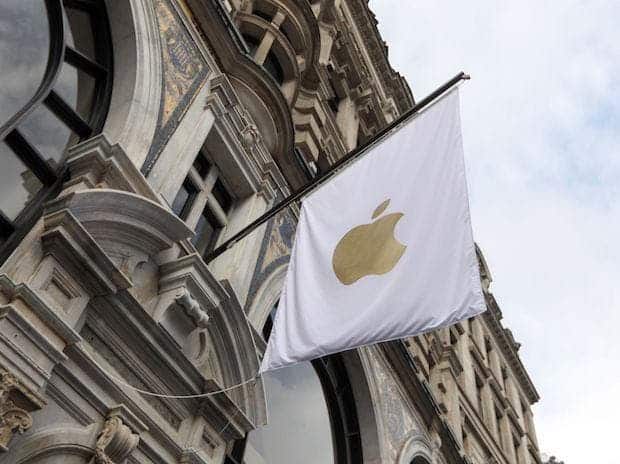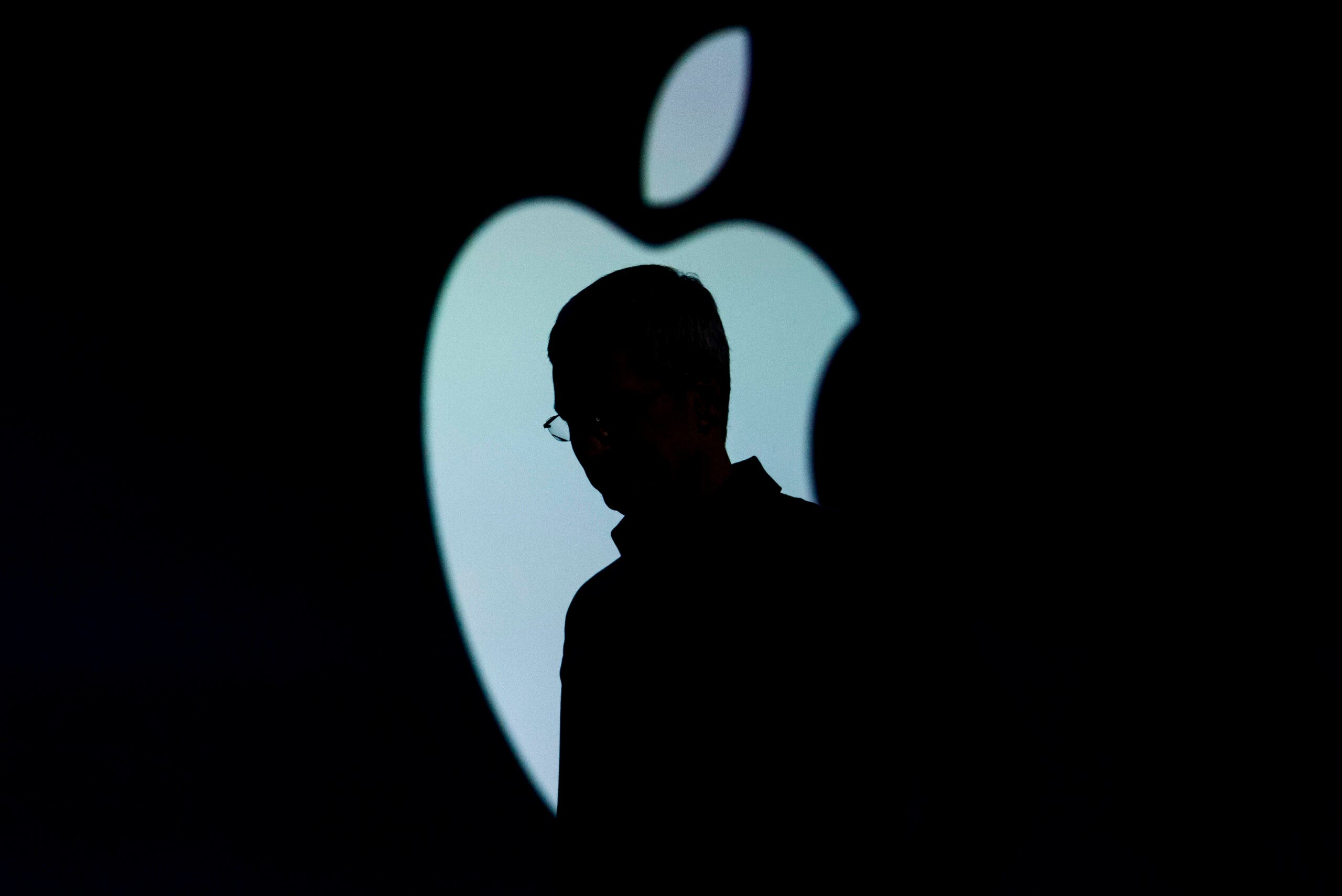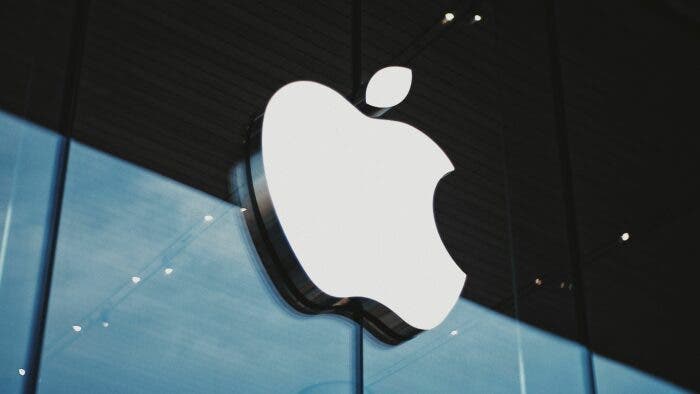Apple has defeated a lawsuit accusing it of overpaying CEO Tim Cook and other top executives. According to Reuters, a U.S. federal judge on Wednesday dismissed a lawsuit against Apple. The lawsuit Apple of miscalculating the value of performance-based stock awards to CEO Cook and other senior executives. It alleges that Apple had awarded Cook and four other executives tens of millions of dollars in performance-based restricted stock units (RSUs) in 2021 and 2022. They claim that the funds were more than what the compensation committee had intended to award.

Background (allegations)
The lawsuit, filed by a pension fund affiliated with the International Brotherhood of Teamsters, accused Apple of overpaying CEO Tim Cook and other top executives by tens of millions of dollars. The fund claimed that Apple had awarded Cook and four other executives excessive amounts of performance-based restricted stock units (RSUs) in 2021 and 2022, which it alleged violated what the compensation committee had intended to award.
The plaintiff alleged that Apple had misled shareholders by miscalculating the RSUs’ fair values and thus overpaying the executives. They said Apple issued $92.7 million and $94 million worth of performance-based restricted stock units (RSUs) to Cook and four other executives in 2021 and 2022, respectively, when its compensation committee had intended only $77.5 million to be disbursed annually. The plaintiffs allege that this was caused by the committee’s miscalculation of the fair value of the RSUs at the time of the grant. They believe this misled shareholders who would take advisory votes on executive compensation at the shareholder meeting.
Apple’s proxy documents show that Cook’s total compensation will be approximately $99 million in 2021 and 2022, of which annual stock awards exceed $82 million. In 2023, Cook’s total compensation will drop to $63.2 million. The other four Apple executives each received compensation of more than $26 million in these three years.
Judge’s Ruling (findings)
U.S. District Judge Jennifer Rochon in Manhattan dismissed the lawsuit, stating that Apple had described its pay methods in compliance with securities laws and U.S. Securities and Exchange Commission rules. The judge also found no evidence that Apple’s board of directors had acted improperly in awarding the pay. Also, the plaintiff was criticized for not giving the board enough time to consider its objections before suing. The plaintiff had also alleged that Apple misled shareholders by miscalculating the RSUs’ fair values and thus overpaying the executives, but the judge did not find merit in these claims.

The judge said Apple “accurately” described its compensation package in its detailed compensation schedule and complied with the requirements of securities laws and U.S. Securities and Exchange Commission (SEC) regulations. The judge also said that there is no evidence that Apple’s board of directors had acted improperly in the payment of compensation.
Plaintiff Response
Lawyers for the plaintiff, a pension fund affiliated with the International Brotherhood of Teamsters, did not immediately respond to a request for comment. However, the plaintiff has the option to appeal a decision if they are dissatisfied with the judgment. As of now, there is no information on how the plaintiff plans to proceed.
Executive compensation is a topic of interest
Apple, like many other large corporations, regularly faces scrutiny and criticism regarding executive compensation practices. However, such issues may not always result in formal legal action or lawsuits. Executive compensation is a topic of interest for shareholders, regulators, and the public. Big companies often face pressure to justify and disclose their compensation decisions transparently.
Companies like Apple continue to navigate these issues while striving to balance the interests of shareholders, executives, and other stakeholders. This is the first widely reported Apple lawsuit about executive compensation. It has probably set a precedence. Any future cases or controversies related to executive compensation at Apple or other companies would likely attract attention from the media and corporate governance observers.
How do executive compensation packages work?
Executive compensation packages typically include a combination of salary, benefits, bonuses, and equity. The salary is a fixed yearly amount, while benefits may include insurance and perquisites such as club memberships. Bonuses are usually non-fixed, one-off sums of money based on key performance indicators (KPIs). However, equity is considered a long-term incentive over three years. Equity compensation is often paid in the form of stock options or equity grants. The mix of cash and equity compensation is often determined by the business’s maturity and strategic objectives. The goal of executive compensation is to attract and retain top-tier talent. It also ensures that the ideas of top talents align with the company’s strategy to drive better performance. Publicly traded companies are required to disclose executive compensation details in their annual filings.

What are restricted stock units (RSUs) and how are they typically awarded?
Restricted Stock Units (RSUs) are a form of employee equity compensation. It is awarded as a promise to give shares in the company in the future. RSUs are granted to employees through a vesting plan and distribution schedule. They fluctuate in value based on the underlying shares. Unlike stock options or warrants, RSUs always have some value based on the underlying shares. RSUs are structured to vest when a certain period has passed or when certain milestones are met. Once the RSUs vest, employees receive underlying shares of company stock. For tax purposes, the entire value of vested RSUs must be included as ordinary income in the year of vesting. RSUs are a popular form of compensation at large technology companies, including Apple, Microsoft, Amazon, Intel, and Google.
Final Words
In conclusion, the dismissal of the lawsuit against Apple alleging overpayment to CEO Tim Cook and other top executives marks a significant development in the realm of executive compensation and corporate governance. The ruling by U.S. District Judge Jennifer Rochon underscores the complexities surrounding executive pay practices and the stringent legal standards that must be met to substantiate claims of overcompensation.
While this particular case has concluded with the judge finding in favor of Apple, it sheds light on the ongoing scrutiny faced by large corporations regarding their compensation practices. Executive compensation remains a topic of intense interest for shareholders, regulators, and the public, reflecting the broader conversation about fairness, transparency, and accountability in corporate governance.
As companies like Apple navigate these issues, they must balance the interests of various stakeholders. They must also ensure compliance with legal and regulatory requirements. While this lawsuit may have set a precedent, it also underscores the need for continued vigilance and transparency in executive compensation practices. Any future cases or controversies in this domain will likely draw scrutiny from the media and corporate governance observers, shaping the evolving landscape of executive pay in the corporate world.
Author Bio
Efe Udin is a seasoned tech writer with over seven years of experience. He covers a wide range of topics in the tech industry from industry politics to mobile phone performance. From mobile phones to tablets, Efe has also kept a keen eye on the latest advancements and trends. He provides insightful analysis and reviews to inform and educate readers. Efe is very passionate about tech and covers interesting stories as well as offers solutions where possible.





